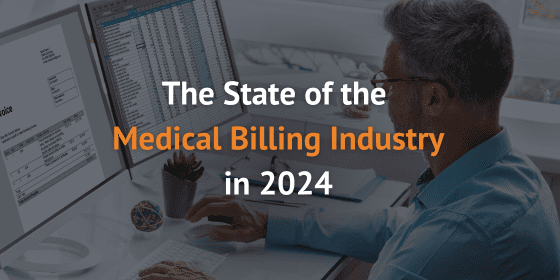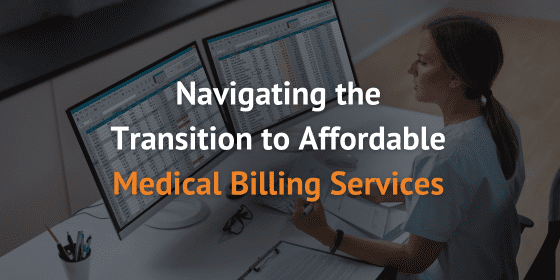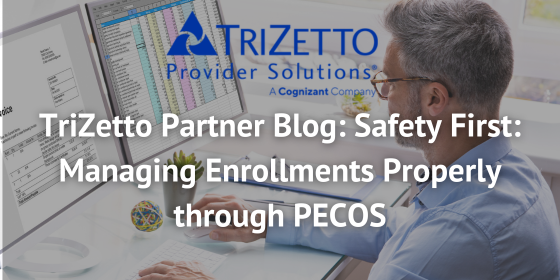
Overcoming MIPS Reporting Challenges: Solutions for Your Practice
The Merit-based Incentive Payment System (MIPS) is a critical component of the Quality Payment Program, directly impacting how healthcare practices are reimbursed. Proper MIPS reporting is essential for practices aiming to secure financial incentives and improve performance metrics. However, the complexity and demands of MIPS reporting present significant challenges.
Let’s look at these challenges and how practices can streamline the process to improve outcomes.
Understanding the Challenges of MIPS Reporting
Complexity of MIPS Requirements
MIPS reporting encompasses multiple performance categories: Quality, Cost, Improvement Activities, and Promoting Interoperability. Each category has distinct and evolving requirements, making it challenging for practices to stay compliant. Practices often struggle to keep up with these changes, which can result in confusion, errors, and negatively impact their MIPS scores and financial outcomes.
Data Collection and Accuracy
Accurate data collection across various MIPS categories is crucial but challenging. Inaccuracies in data entry can lead to claim denials, penalties, and reduced reimbursements. This challenge is compounded by the need to gather comprehensive data from various sources within a practice, requiring meticulous attention to detail and significant administrative effort.
Time and Resource Intensive
The process of MIPS reporting demands considerable time and resources. From data collection to submission, the administrative burden can overwhelm staff, leading to burnout and detracting from patient care. This is particularly challenging for smaller practices that may not have dedicated resources to manage MIPS reporting efficiently.
Integration and Technology Issues
Integrating MIPS reporting into existing electronic health record (EHR) systems can be difficult. Without seamless integration, data flow between systems can become fragmented, leading to discrepancies and errors in reporting. This lack of integration can result in missed deadlines and lower MIPS scores, further impacting financial outcomes.
Solutions for MIPS Reporting Challenges
Simplifying Data Collection and Reporting
EZClaim, in partnership with Alpha II, offers advanced tools designed to automate and simplify the data collection process for MIPS reporting. These solutions ensure that data is collected accurately and consistently across all required categories, significantly reducing the risk of errors and saving valuable time. By streamlining data entry and reporting, EZClaim allows practices to focus more on patient care.
Keeping Up with Regulatory Changes
Staying updated on MIPS requirements is crucial for compliance. The right software helps provide practice owners with regular updates and resources that help them stay current with the latest MIPS regulations. This proactive approach reduces the risk of non-compliance and ensures that practices are well-prepared to meet MIPS requirements, avoiding potential penalties and maximizing their financial incentives.
Reducing Administrative Burden
EZClaim’s software solutions are designed to reduce the administrative burden associated with MIPS reporting. By automating many of the tasks involved in data collection and reporting, EZClaim minimizes manual work, allowing staff to manage the process more efficiently. This not only improves workflow but also helps prevent staff burnout and enhances overall practice performance.
Enhancing Integration with EHR Systems
Integration is key to successful MIPS reporting. EZClaim offers solutions that seamlessly integrate with existing EHR systems, ensuring accurate data transfer and synchronization. This integration simplifies the reporting process, reduces the likelihood of errors, and ultimately leads to better MIPS scores and financial outcomes.
Conclusion
MIPS reporting is a complex and resource-intensive process, but with the right tools and strategies, practices can navigate these challenges effectively. EZClaim, in partnership with Alpha II, provides comprehensive solutions that simplify data collection, keep you informed of regulatory changes, reduce administrative burdens, and enhance system integration. By leveraging these capabilities, your practice can improve its MIPS reporting processes, leading to better financial outcomes and more time to focus on patient care.
Schedule a demo with EZClaim today to discover how our solutions can support your practice in mastering MIPS reporting.






